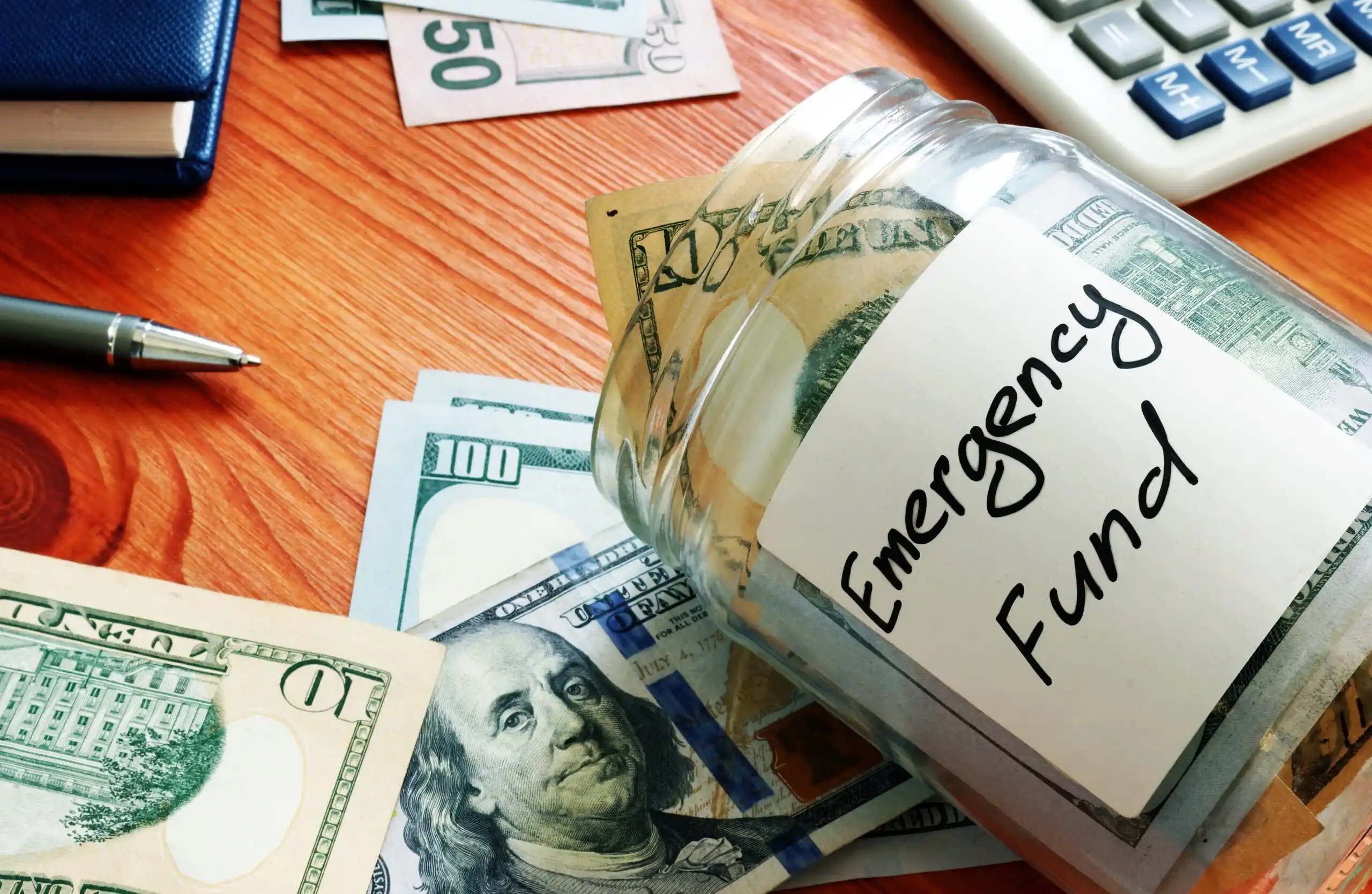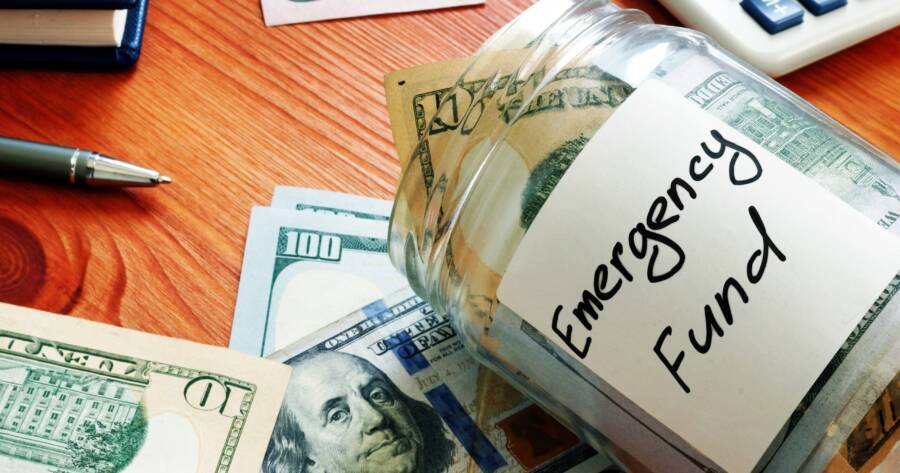Recently, a good friend asked me for some advice on how to handle an unexpected and expensive car repair. She had enough cash savings to pay for the repair. However, it would pretty much wipe out her recently created emergency fund. My friend was asking if it made sense to put it on her credit card, which had no balance. She could pay off the cost of the repair within three months, minimizing her interest payments. However, those payments would also eat up her monthly emergency fund contribution. I suggested that she leave the emergency fund alone and put the repair on her card. She was able to use a card that was offering 0% interest for up to 12 months for a 5% upfront fee.
“But I thought I wasn’t supposed to use credit,” she responded.
This got me thinking about the various advice we hear from personal finance experts. We know that we’re supposed to have a well-padded emergency fund and that credit should be avoided. But the truth is, feeling financially secure is not just about having six months’ worth of expenses saved up. After all, for most of us, it takes a ridiculously long time to build up that kind of cushion. That’s not to say that you shouldn’t strive for that goal. It’s just that you can still feel a sense of security even while you’re in the process of building that rainy day fund. All it takes is responsible use of available credit.
Credit or Emergency Fund?
Let’s say you throw all of your extra income into paying off debt. Then you close your cards and start your emergency fund. So far, so good. But what if find yourself without any financial backup when an emergency hits before you’ve had ample time to save. Instead, you should build up your savings while paying down your debt. That way, you can pay for an emergency at any time, either with your emergency fund or your credit card.
Basically, real financial security should look like a combination of having a well-funded emergency fund and access to available credit. No matter how well you save, there can be emergencies that go beyond your cash reserves. So, having credit available to handle those big-ticket emergencies is still in your best interest.
Don’t Refuse to Use Your Credit
For individuals like my friend, who are new to the emergency fund habit, it’s important to make sure that there is a plan for unexpected expenses. In her case, she had an empty credit card available to pay for her car repair. As she slowly builds up her emergency fund, she might find that the credit card is initially the right method of payment for emergencies — provided she always makes a plan for paying it off in a timely manner. Once she has saved more in the emergency fund, she will be able to ignore the credit card and use her cash reserves in the future.
Some credit-card holders simply cannot handle the responsibility of available credit. They absolutely should switch to a cash-only lifestyle in order to stay solvent. For some of us though, credit is a useful and necessary tool. It can help make sure that emergencies are not catastrophes.
The standard recommendation of building up six months’ worth of savings is certainly good advice. However, it ignores the reality that financial security may not be easily achievable simply through saving. Credit can also be a necessary part of being able to weather emergencies, if you learn to use it responsibly.
Do You Even Have an Emergency Fund?
I have a confession to make. I don’t have an emergency fund in the traditional sense. Sure, I do have a small amount of money I keep in my checking account. However, that’s just so I don’t have to constantly make small transfers to pay for my daily expenses. But I don’t have money sitting in a savings account. You may wonder why, since I advise most people to build up in case of emergency.
Instead, I use my credit cards for most emergencies. I also have a loan with available credit that’s backed by the value of my investments. If it comes time to pay off my credit card, and I don’t have the cash from my other sources of income, then I borrow money from my portfolio. The interest on the portfolio loan is much lower than what credit card companies will charge me. Additionally, my investments throw off income regularly. That can then be used to pay off my loans. Finally, if push comes to shove, I can always liquidate some of my investments in order to cover that loan.
It’s a more complex and advanced system. But you can actually get to a point in your life where it doesn’t make sense to have a wad of money tucked under your mattress. You’re better off investing it, keeping an attractive rewards credit card for emergencies, but — and this is the key part — always having a plan to pay the card off swiftly.
The Bottom Line
By saving early and often, I’ve built up enough defense layers to my finances. I can take advantage of extra returns by investing my emergency fund, instead of hoarding it. If my investment portfolio was really small, then I probably couldn’t take that risk, since investments can (and often do) go down in value precisely when you need it most.
Another reason I can make this system work is that I’m not borrowing more than my finances could handle. The bank theoretically allows me to borrow much more money than I currently do. However, I would be using up much more of my available credit if I took them up on their offers. I’d be in debt up to my eyeballs, actually. It’s not a problem in normal times, but I may run into issues if my investments decline and I need money to weather a storm.
My friend is only able to tap into her credit card because she pays off her balance every month. If she was just paying the minimum owed every month, her plan wouldn’t work. She would not only be paying ridiculous interest rates, but she would also not have the option to use that available credit in an emergency. Like, say, a sudden and unexpected car repair. Credit can only be used if it’s available, but the only way you’ll have credit available is to use it wisely in the first place.
 Shutterstock
Shutterstock







